
On Foreign Policy, It's Trump Disruption Vs Harris Engagement
But the upcoming presidential election may be somewhat of an outlier. In a September 2024 poll, foreign policy actually ranks quite high in voters' concerns – with more Democrats and Republicans combined saying it was“very important” to their vote than, say, immigration and abortion.
As such, understanding where Republican presidential nominee Donald Trump and Democratic rival Kamala Harris stand on the significant international issues of the day is important. And we can do so by looking at the records of their respective administrations in the three regions they prioritized: the Indo-Pacific, Europe and the Middle East.
Donald Trump: disrupter-in-chiefIn his 2017 inaugural address , Trump painted a dark picture of the US In his telling, his country was being taken advantage of by other nations, especially in trade and security, while neglecting domestic challenges.
To disrupt this, Trump promised an“America First” approach to guide his administration.
And in practice, his foreign policy certainly proved disruptive. He showed a clear willingness to buck traditions and undid some of former President Barack Obama's signature policies, such as the Iran nuclear deal , which exchanged sanctions relief for restrictions on Tehran's domestic nuclear program, and the Trans-Pacific Partnership trade agreement.
In so doing, he ruffled the feathers of allies and foes alike.
Trans-Atlantic relations were tense under Trump, especially because of his hostility toward NATO. After deriding the Atlantic alliance on the campaign trail , Trump stuck to the same tune while in office. He routinely insulted allies at high-level summits and allegedly came close to withdrawing from the alliance altogether in 2018 .
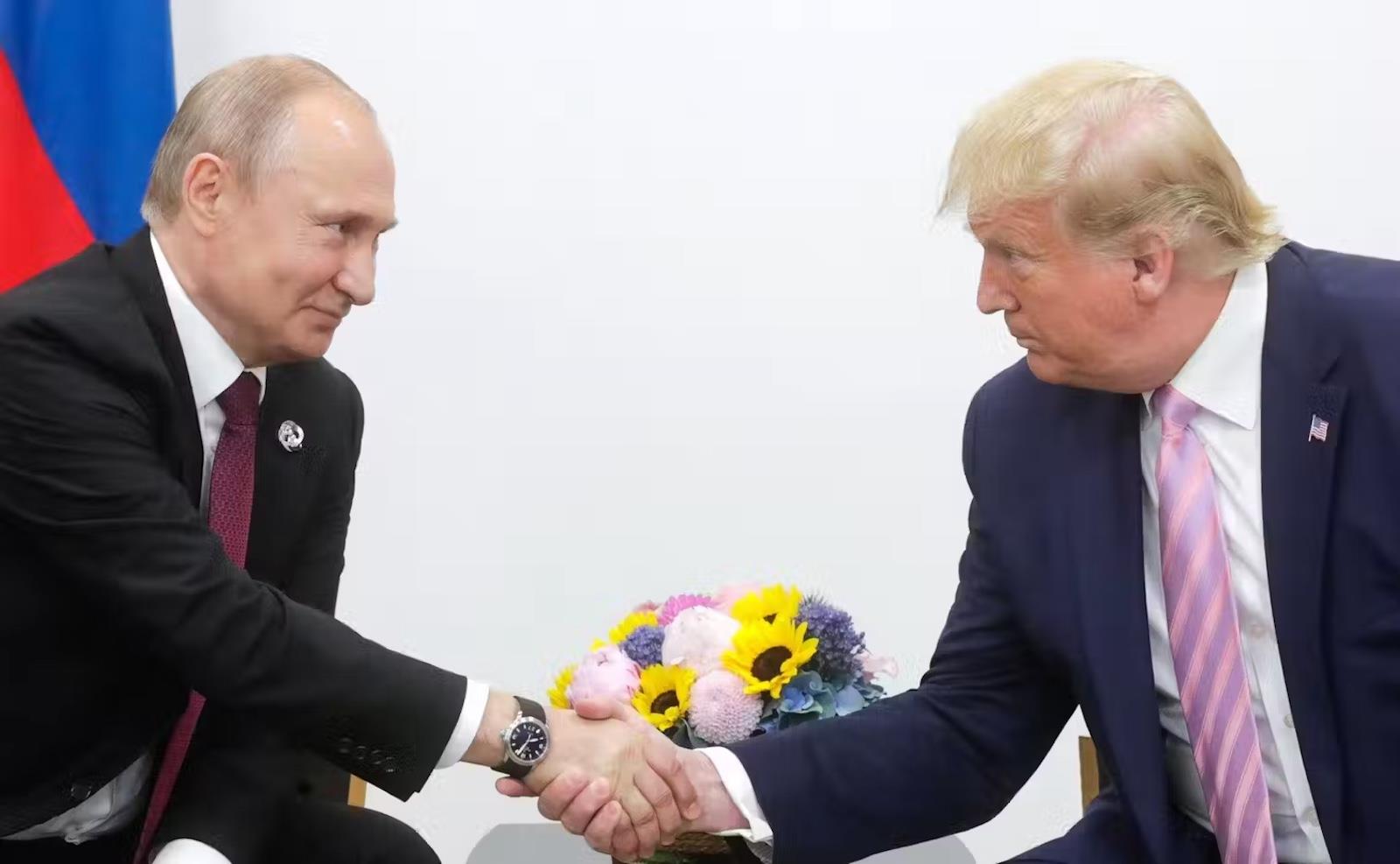
Donald Trump meets Russian President Vladimir Putin in June 2019. Image: Kremlin Press Office / Handout / Anadolu Agency / Getty Images via The Conversation
While NATO did make inroads in bolstering its Eastern flank in that period, the alliance was primarily defined by internal turmoil and limited cohesion during Trump's time in office. US relations with the European Union hardly fared better. In 2018, the US imposed steel and aluminum tariffs on the European Union, citing national security concerns.

Legal Disclaimer:
MENAFN provides the
information “as is” without warranty of any kind. We do not accept
any responsibility or liability for the accuracy, content, images,
videos, licenses, completeness, legality, or reliability of the information
contained in this article. If you have any complaints or copyright
issues related to this article, kindly contact the provider above.

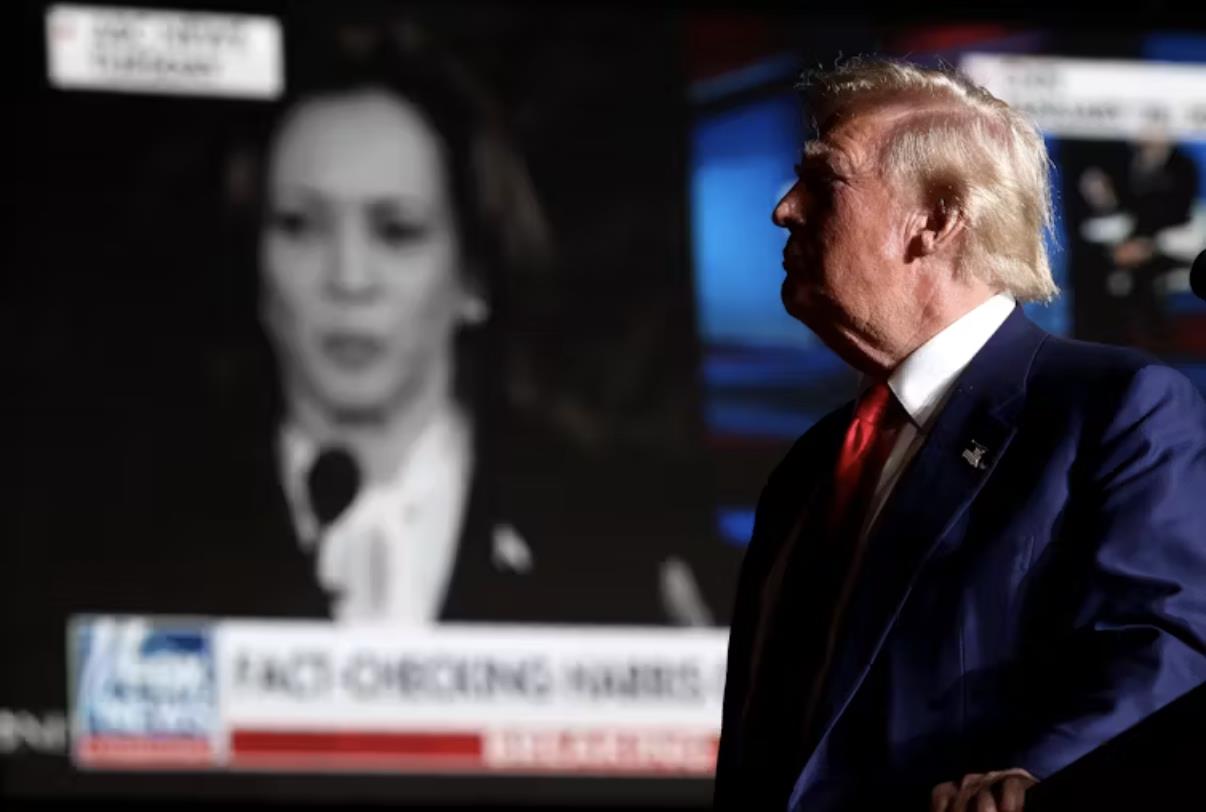

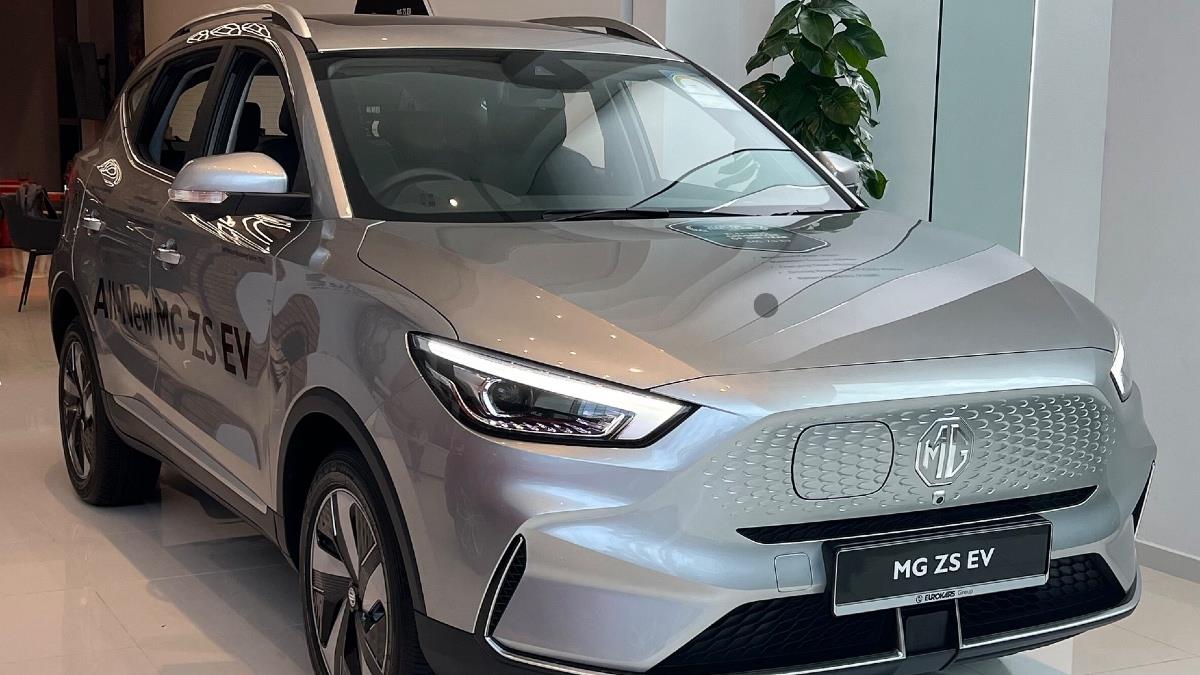
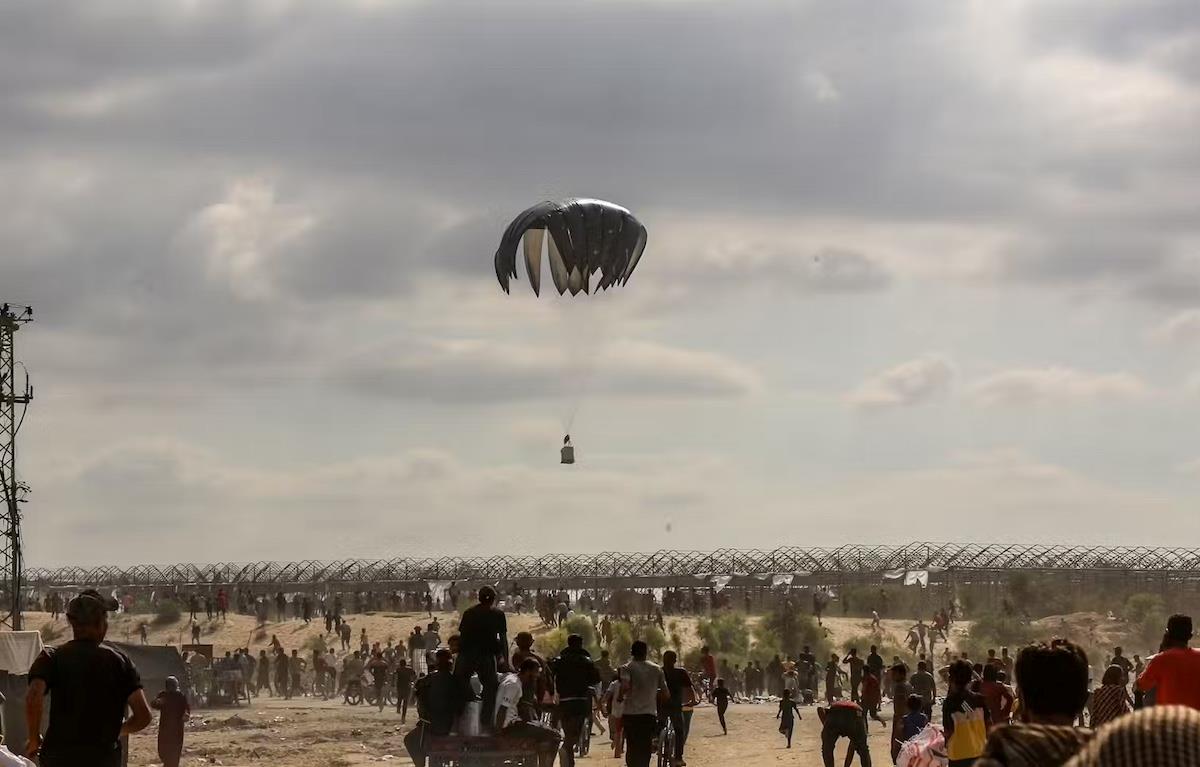
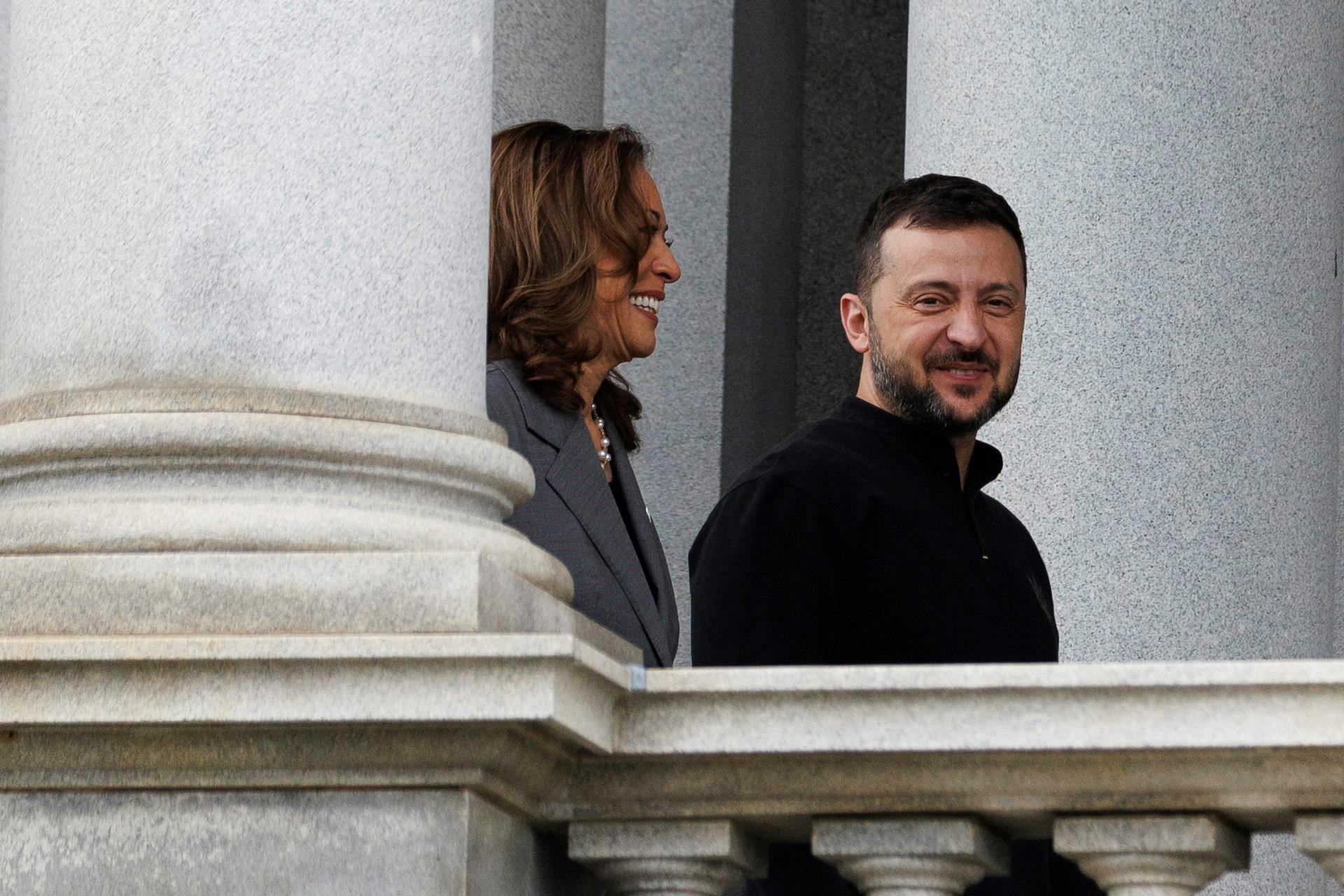

















Comments
No comment